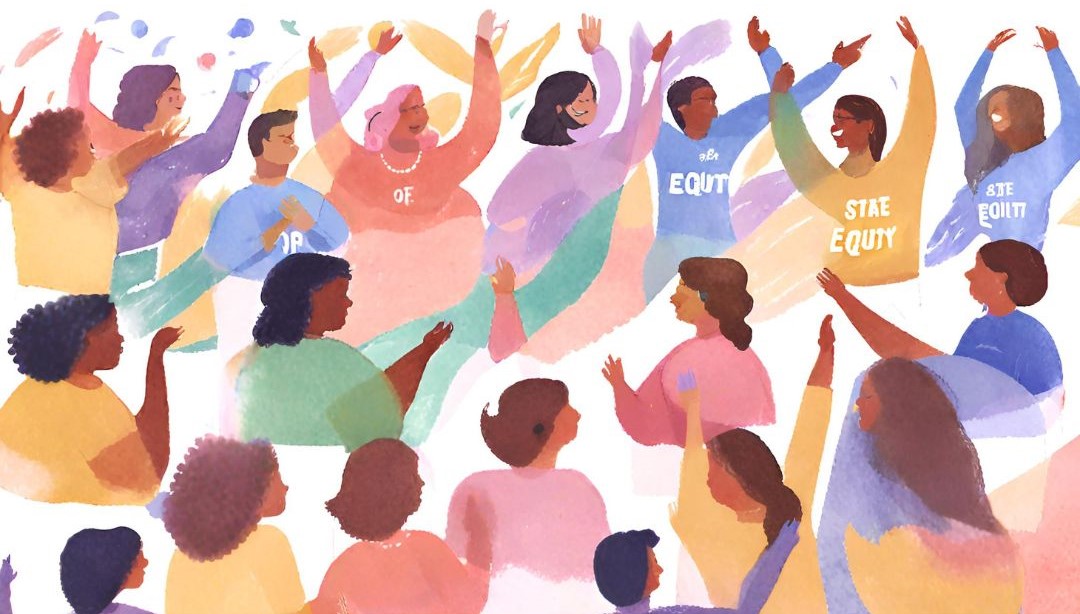
Code for All recently published ‘State of Equity, Inclusion, and Diversity in Civic Tech Organizations’ report, which coincided with Samina Rizwan’s (Country Head — Code for Pakistan) keynote session on ‘Innovation, Diversity, Equity, and Inclusion’ at GetHired2021, an online job fair of sorts organized by Pakistani Women In Computing (PWiC) to help women in tech find jobs in Pakistan’s growing tech industry.
ON LANGUAGE
One of the key findings from the Code for All report was one the use of language. It states:
Efforts are Made or Marred by Use of Languages: Language is an important part of the discourse on equity and inclusion, given that language is a primary source of how people identify and express themselves, but it doesn’t get the attention it deserves.
Samina echoed this in her keynote session, noting how she uses Urdu purposefully to be more inclusive:
“I use Urdu a lot because I feel the perfect storm that is brewing in Pakistan for IT and computing requires that we don’t disenfranchise, what were earlier the marginalized communities, who cannot express themselves sufficiently well in English and those who are more comfortable in their own languages. We have about 3600 dialects across the country, unless we are able to embrace all of those unique identifications of our culture, tradition and our people, we will not be able to progress indigenously and organically as much as we can”.
ON DIVERSITY
The Code for All report states:
Quick Fixes are the Real Competition: Civic tech organizations adopting and practicing “checkbox style diversity” are not necessarily trying to be disingenuous but are swayed by the ease with which their organizations can use such approaches.
“Diversity is richer than ‘difference’,” says Samina. “Diversity is about letting somebody into your world, who is very, very different from you, who in your learned and acquired sensibilities doesn’t belong in your world and vice versa... could be someone from another nationality, ethnicity, specially-enabled person, transgender...could be someone from another marginalized, underserved community, which incidentally — in some cases — women are in our country”.
At Code for Pakistan, we believe in strategic solutions instead of quick fixes. An example of that is our recently inaugurated Women Civic Internship Program. While running the KP Government Innovation Fellowship Program, we had a 20% quota for women fellows. Unfortunately, the inequalities in our society reflected in the application process; we received a low number of women applicants with the required skill set. To rectify this, we went back to the drawing board, included our donors in the consultation process, and started a new program for women in KP. The Women Civic Internship Program is designed to equip young female professionals with necessary skills to fast-track them for our Fellowship program.
You can watch the complete keynote session in which Samina shares her experience as a pioneer for Pakistani women in the field of IT, here:
You can read the Code for All report on ‘State of Equity, Inclusion, and Diversity in Civic Tech Organizations’, here!
Being cognizant of the problem, discussing and highlighting it are all step in the right direction. We hope civic tech and other sectors are more inclusive, diverse and equitable in the future.